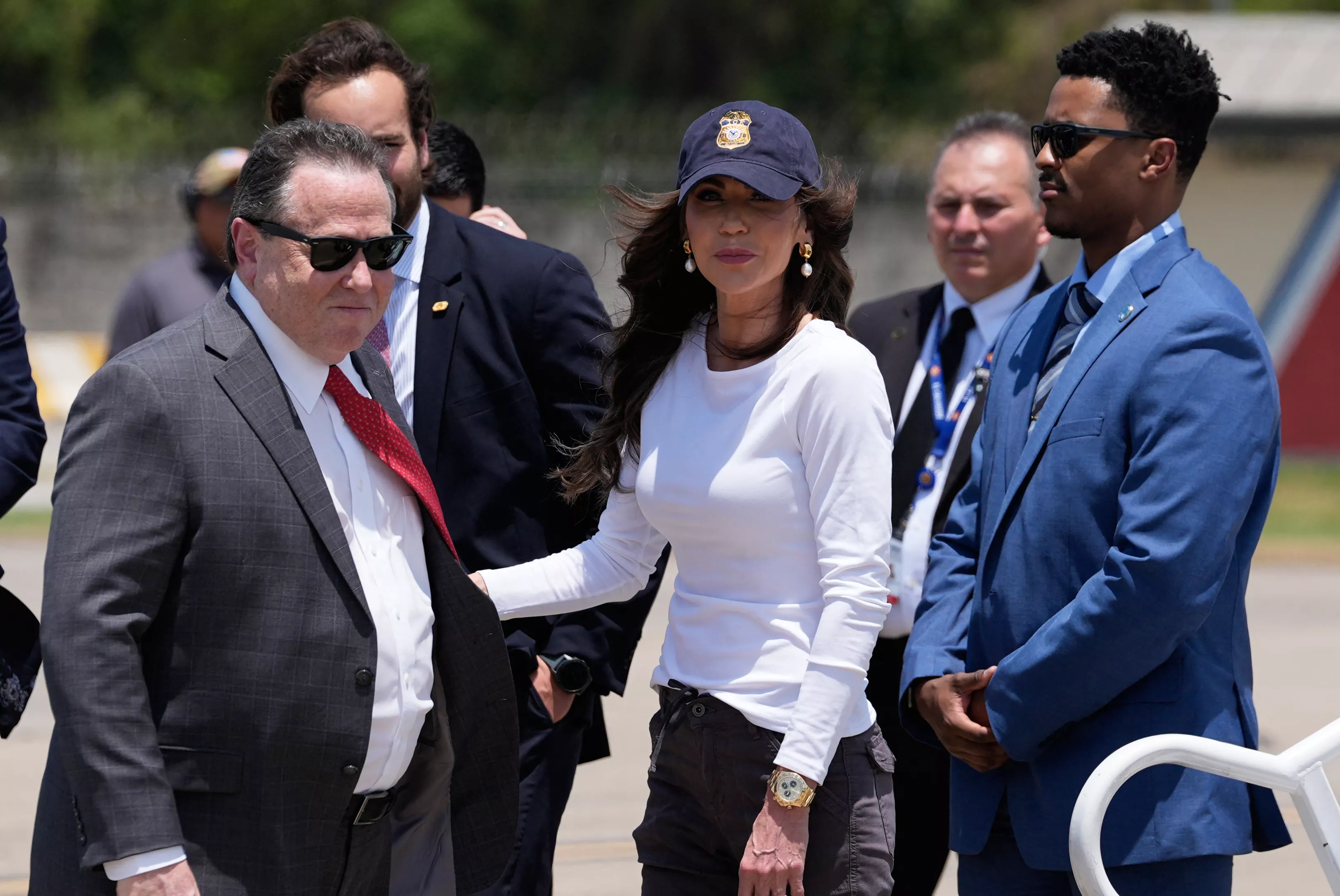
Why This Article Was Flagged
This article drew significant attention for suggesting different disciplinary outcomes for similar incidents of accidentally sharing sensitive government information. The claim raises questions of fairness, potential political bias, and the rules governing such breaches. In an era where the public’s trust in institutions is wavering, readers sought clarity: Are government employees punished equally when mistakes happen? What about the journalists who receive sensitive material unintentionally? Let’s break down the facts.
How Government Information Sharing Became a Headline Issue
The accidental sharing of classified or sensitive government information isn’t new. Over the years, there have been several high-profile leaks—both intentional and mistaken—that cast a spotlight on security clearance policies and legal punishments. Incidents such as the Edward Snowden disclosures, Hillary Clinton’s email controversy, and more recently, the dissemination of Pentagon documents on Discord, have heightened public concern around security handling. Amid this context, the case of the DHS staffer’s accidental email to a reporter taps into deeper anxiety over double standards and accountability.

Evaluating the Key Claims
Claim #1: A DHS employee was punished for accidentally emailing ICE operation details to a journalist
This claim is true. According to NBC News, multiple sources within the Department of Homeland Security confirmed that a staffer was placed on administrative leave after inadvertently emailing unclassified details of an upcoming ICE operation to a journalist. While the information shared was reportedly not classified, the action still violated internal security protocols. As noted by NBC News and corroborated by DHS security policy guidelines, sending sensitive or operational materials — even if unclassified — to unauthorized recipients can trigger disciplinary measures, including suspension or revocation of a security clearance.
Claim #2: In a similar case, national security officials under Trump were not disciplined for an accidental disclosure of strike plans
This claim is misleading due to missing context. The article references a reported incident where Trump administration officials—specifically Michael Waltz and Pete Hegseth—allegedly shared military plans in a Signal group chat that was mistakenly joined by a journalist. However, this event has not been formally confirmed by the Department of Defense nor documented in other major news outlets beyond an unnamed NBC report. Without corroboration, it remains anecdotal.
Additionally, the article glosses over important nuance: levels of classification and intent matter. If Hegseth’s shared information was classified and no disciplinary action followed, that would suggest unequal treatment. But if the content wasn’t classified, or the journalist didn’t retain access to the information, the repercussions would differ under national security policy. Without confirmed content and security level details, comparisons remain speculative.
Verdict: Insufficient evidence—claim lacks documented support and omits nuance around classification levels and security protocols.

Claim #3: Journalists who receive sensitive information unintentionally are not punished
This claim is mostly accurate. Under current U.S. law, journalists are not criminally liable for receiving sensitive or classified information as long as they did not solicit it unlawfully. The U.S. Supreme Court ruling in Bartnicki v. Vopper (2001) protects journalists’ rights to publish information of public interest, even if illegally obtained by a third party. Additionally, there are no known legal penalties or national security protocols that enforce punishment on journalists in cases like the one discussed—where the information was unintentionally shared. However, law enforcement may engage journalists in investigations or subpoena them as witnesses.
Bartnicki v. Vopper Supreme Court case

Final Verdict on Accuracy and Bias
Newsweek’s coverage of the DHS employee’s disciplinary action for accidentally emailing a journalist is largely accurate with respect to the primary event. However, the article introduces bias and omits critical details when comparing this incident to the unverified case involving officials from Trump’s national security team. The implication of a double standard lacks sufficient documentation, and the framing may unintentionally mislead readers by suggesting a political motive without confirming equal circumstances. While the delay in DHS’s comment is fairly reported, speculative language and vague comparisons weaken the factual integrity of the piece.
Stay in the Know. Defend Truth.
Don’t let misinformation cloud your judgment. Download the DBUNK app or follow us on social media to get real-time fact checks and breakdowns that help you cut through the noise.
View the Original Article Here

